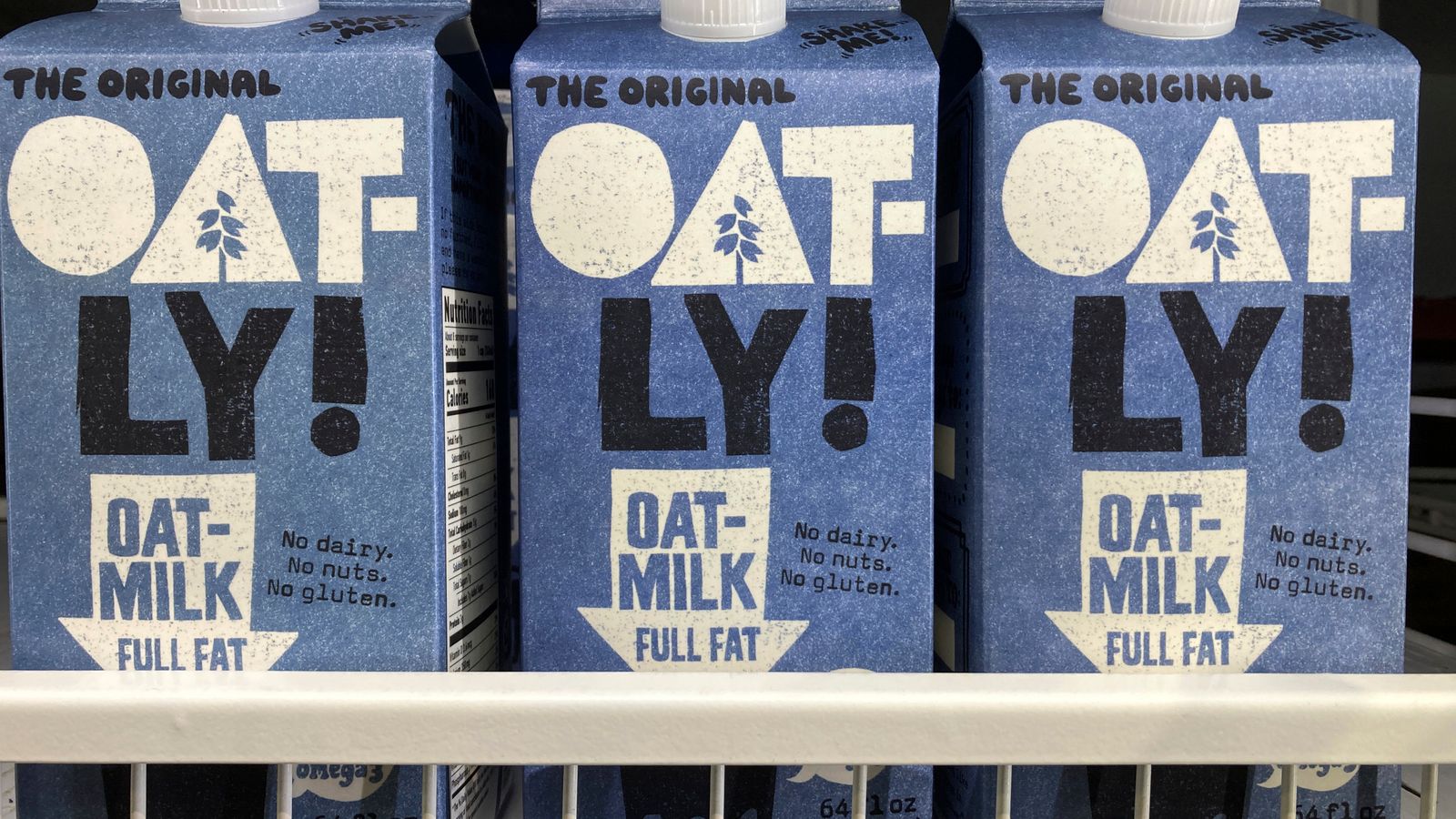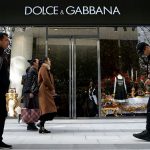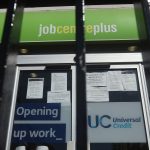The sizzle has come out of shares of the meat substitute specialist Beyond Meat during recent months.
From a recent peak in the last week of January, the shares have fallen by 44%, although they still remain four times the price at which they came to market at the beginning of May 2019.
Nonetheless, meat substitutes remain one of those themes – like e-commerce, electric cars and biotechnology – that investors believe have the capacity to reshape the world during the next decade, creating wealth-making opportunities in the process.
That is why one reason the Initial Public Offering (IPO) today of Oatly, the fast-growing Swedish oat milk provider, has attracted so much interest.
It is a good opportunity to assess whether, in the light of Beyond Meat’s recent share price declines, there is still enthusiasm for the sector.
Another reason why the IPO has been so heavily scrutinised is because the market has suddenly become less inviting to new issues.
The Nasdaq index is currently heading for its fifth consecutive weekly loss and a clutch of companies – mortgage insurer Enact, hearing aid company Hear.com and communications technology company Zenvia – last week postponed IPOs citing difficult market conditions.
And shares of the website building and hosting company Squarespace, which came to market via a direct listing rather than an IPO, sank on their debut on Wednesday.
So the IPO of Oatly, whose celebrity investors include the actress Natalie Portman, the former Starbucks chief executive Howard Schultz and the US talk show host Oprah Winfrey, was a decent test of sentiment.
It is a test the company passed with flying colours today.
Shares were 30% higher at opening.
The performance is all the more impressive because Oatly did not stint on its pricing.
At $17 each, at the top end of the price range published by its bankers, the company was valued at $10bn and it raised $1.4bn.
The shares opened at $22.12, valuing it at $13bn.
Not bad for a company which was valued at only $2bn in July last year and which, in its IPO filing, reported that it made a net loss of $60m in 2020 – up from $36m in 2019 – even as sales more than doubled from $204m to $421m.
The pitch to investors, though, was not in the pure financials but in the growth prospects that this company claims to have.
It claims to be driving more growth in the “dairy alternatives” market than its competitors in each of its key markets, the UK, Germany and Sweden, accounting for 53% of the market in the latter.
It also claims to be the highest-selling brand in the oat category by retail sales in each of these markets and in the United States.
The company added in its filing: “We also believe that global demand for Oatly products has far outpaced our supply.
“As we continue to scale, we have a significant opportunity to satisfy unmet demand and leverage our brand success to expand our product portfolio.”
For a company that presents itself as having such a hip and modern image, Oatly has been around a surprisingly long time, dating back to 1993.
It was set up under the name Ceba Food by Rickard Oste, who was taking a PhD in food science at Lund University in south west Sweden, along with his brother Bjorn.
Mr Lund had been inspired by research suggesting that two-thirds of the world’s population are incapable of processing cow’s milk due to lactose intolerance and set out to come up with an alternative that could replace traditional milk but without losing its flavour or texture.
He alighted on oat because of its high level of beta glucans, soluble dietary fibres that help lower cholesterol levels, making it more effective than either rice milk or soya milk.
He devised and patented an enzyme technology that helps break down oats and, in 1995, launched the world’s first oat milk.
Ceba began selling it under the Oatly brand name in 2001.
Yet the product was slow to gain traction until, in 2012, it appointed Toni Petersson, a former nightclub owner, as chief executive.
He argued that oat milk needed to be advertised more imaginatively.
This paid off when in 2015, milk producers sued, claiming that Oatly’s advertising – carrying slogans such as “It’s like milk, but made for humans” and “Wow, no cow!” – denigrated their product.
They won but, in the process, put Oatly on the map.
It launched in the US in 2017 and, just four years later, can be found in more than 7,500 shops and 10,000 coffee shops.
A launch in China followed in 2018.
The next big development for the company came when, in July last year at the height of the pandemic, the company completed a $200m funding round led by Blackstone, the private equity titan, which brought on board a number of celebrity investors including rapper Jay Z’s company Roc Nation.
For potential investors, Oatly ticks a lot of boxes, not least with its sustainability credentials.
In its IPO filing, the company noted: “The global food industry generates about 25% of the world’s total human-created climate impact.
“In comparison, that is significantly more than the estimated 14% of global greenhouse gas emissions generated by all global transportation combined.
“Animal-based products account for more than half of global food-related emissions and three-quarters of the land used for food production; however, they yield less than 20% of our globally consumed calories.”
Yet while Oatly is seeking to disrupt the $592bn global dairy industry, it is also gunning for its competitors in the dairy alternatives space, where in the US sales of soy milk, rice milk and coconut milk all fell last year.
Almond milk, however, is rising – but, even here, Oatly believes its environmental credentials are stronger because of the huge amounts of water required to produce almonds.
All of which will have compelled some investors to get on board.
But those investors will also have had to bear in mind that the company has a history of losses and does not intend to pay a dividend “for the foreseeable future”, with the IPO proceeds being devoted entirely to investment and expansion, while Oatly also noted in its IPO filing that its oat supplies can be prone to disruption from floods or droughts.
It is also wary of the superior financial firepower of some established dairy companies, such as the French company Lactalis, whose brands include Parmalat, Rachel’s Organic and President cheese; Fonterra, the New Zealand-based dairy giant; Texas-based Dean Foods and Arla Foods, the Danish group behind Anchor and Lurpak butter and Castello cheese.
That competitive landscape does not appear to have deterred investors.
They believe this is a company that captures the zeitgeist.






















